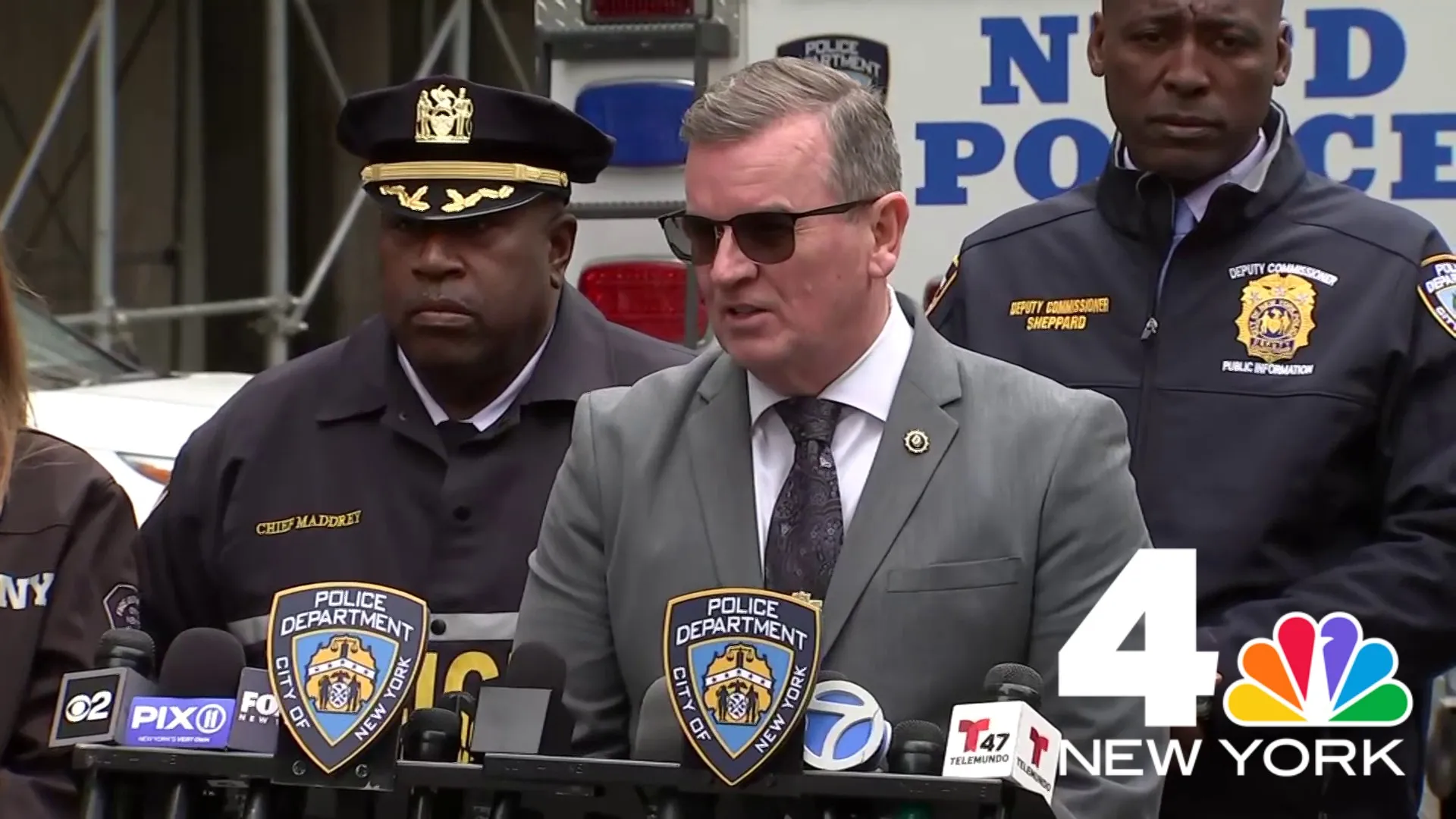COVID-19 isn't the only health concern in New York City: A Manhattan neighborhood is now the site of a legionnaires' disease cluster.
The New York City Health Department is investigating cases in an area of central Harlem, where nine people have already ended up in the hospital since Aug. 1 in the ZIP codes of 10037 (which stretches along Lenox Avenue from W 130th Street to W 145th Street, and west to the river) and 10039 (which stretches west from Jackie Robinson Park from W 145th Street to W 155th Street to the river, as well as the public housing complexes right above).
All of nine of those who have come down with the condition have been hospitalized, and seven of them are over 50 years old — the most vulnerable age group. As of Wednesday, there had been no deaths associated with the cluster.
Legionnaires is not contagious, but it does spread around communities because people get sick by breathing in water vapor infected with legionella bacteria. Health officials are inspected water towers in the area to find the source of the cluster. It can be treated with antibiotics when caught early on.
Get Tri-state area news and weather forecasts to your inbox. Sign up for NBC New York newsletters.
Those who live in the neighborhoods impacted are told to look out for symptoms such as fever, chills, muscle aches and cough. Because those symptoms are similar to those of COVID, and due to the ongoing spread of the virus, the Health Department recommends that those seeking care should be tested for COVID and evaluated for Legionnaires.
The news of another health scare was alarming to residents, who seemed both concerned and fed up with having another thing to worry about.
"I'm worried, I am. I have high blood pressure, my immunity may be compromised. So I'm worried that we have this in this area too," said Cyprian Osuh.
News
Heart Jones said it was frustrating, calling the latest health scare "a continuation of 2020, it's kind of aggravating every time you turn around, it's a new thing."



